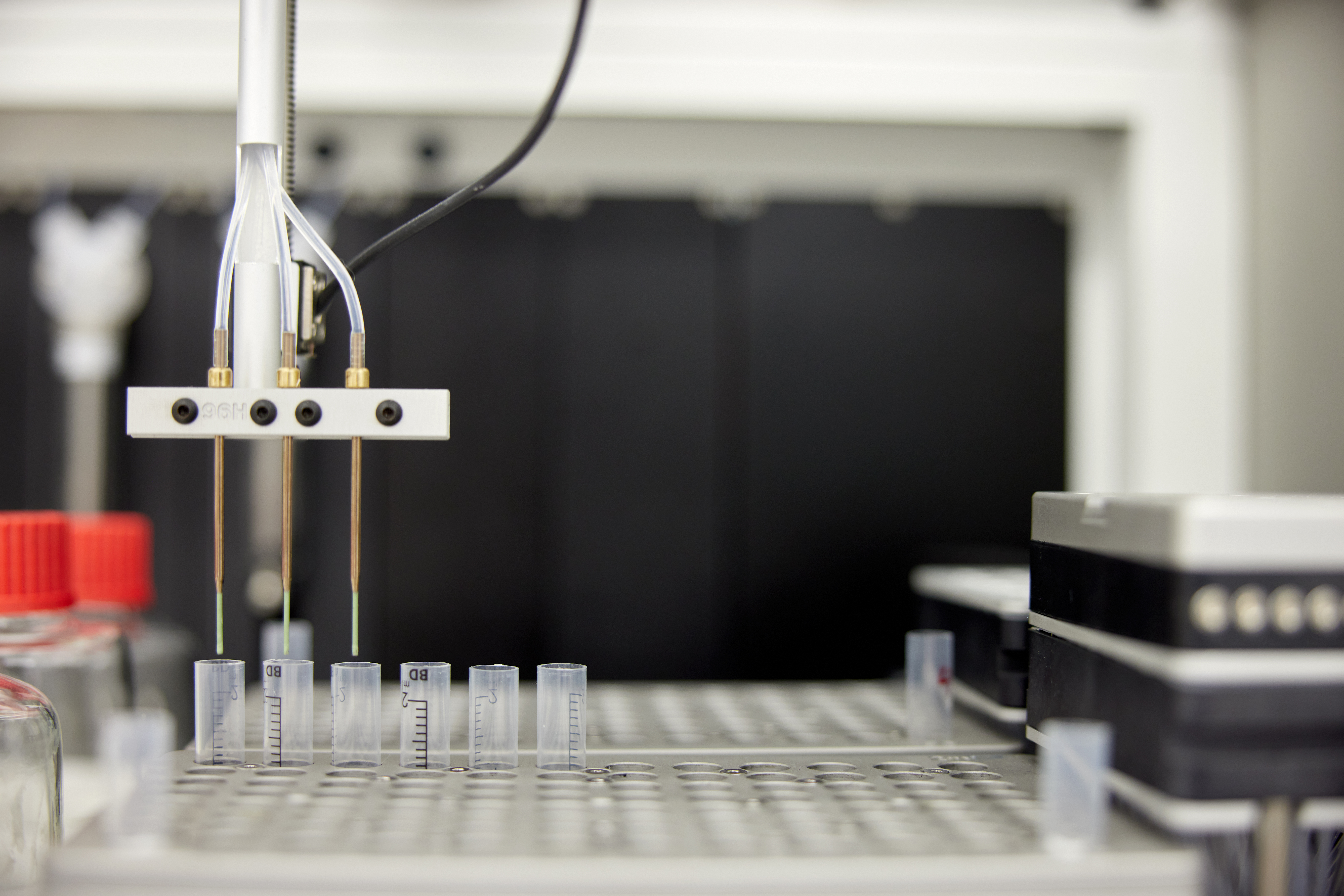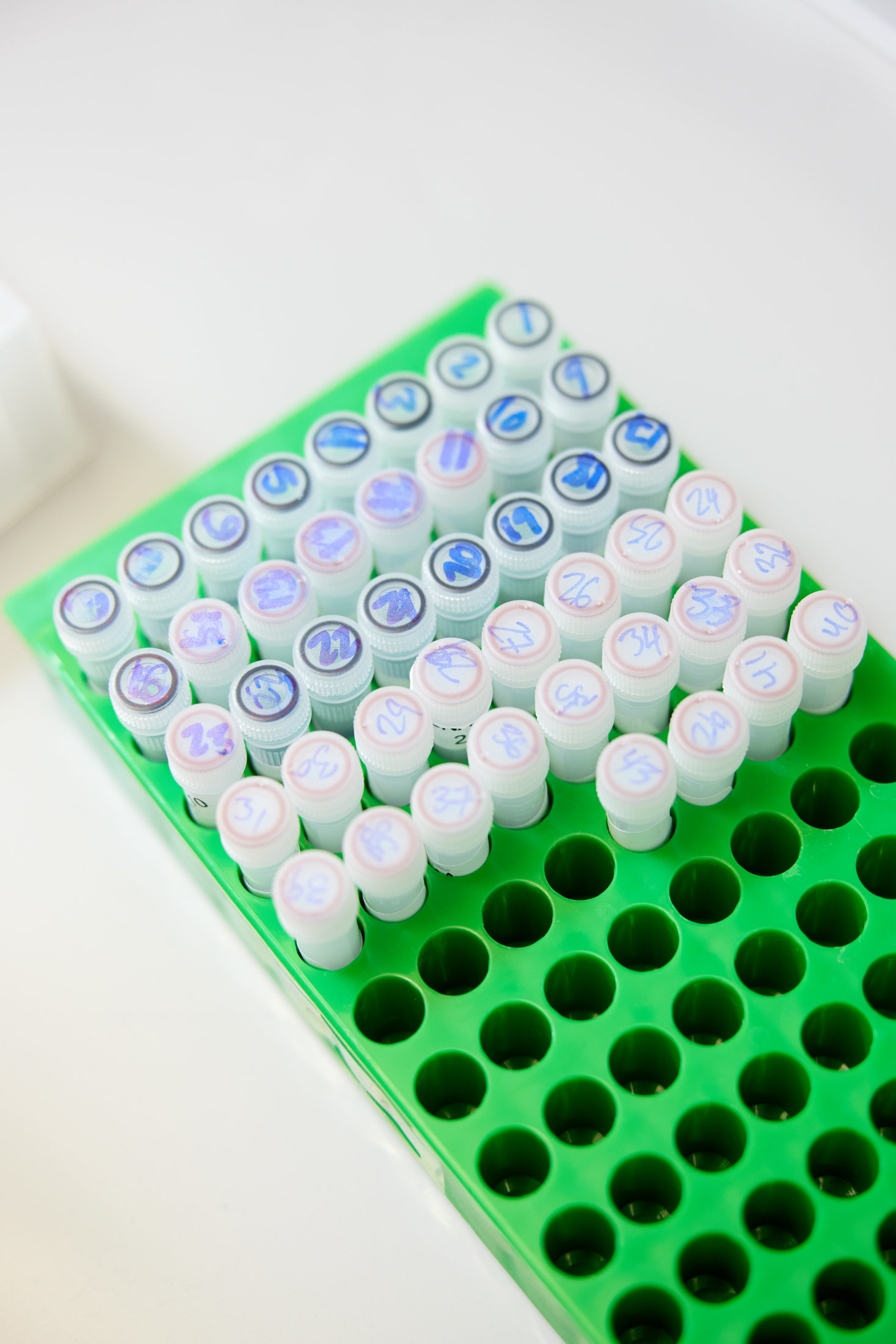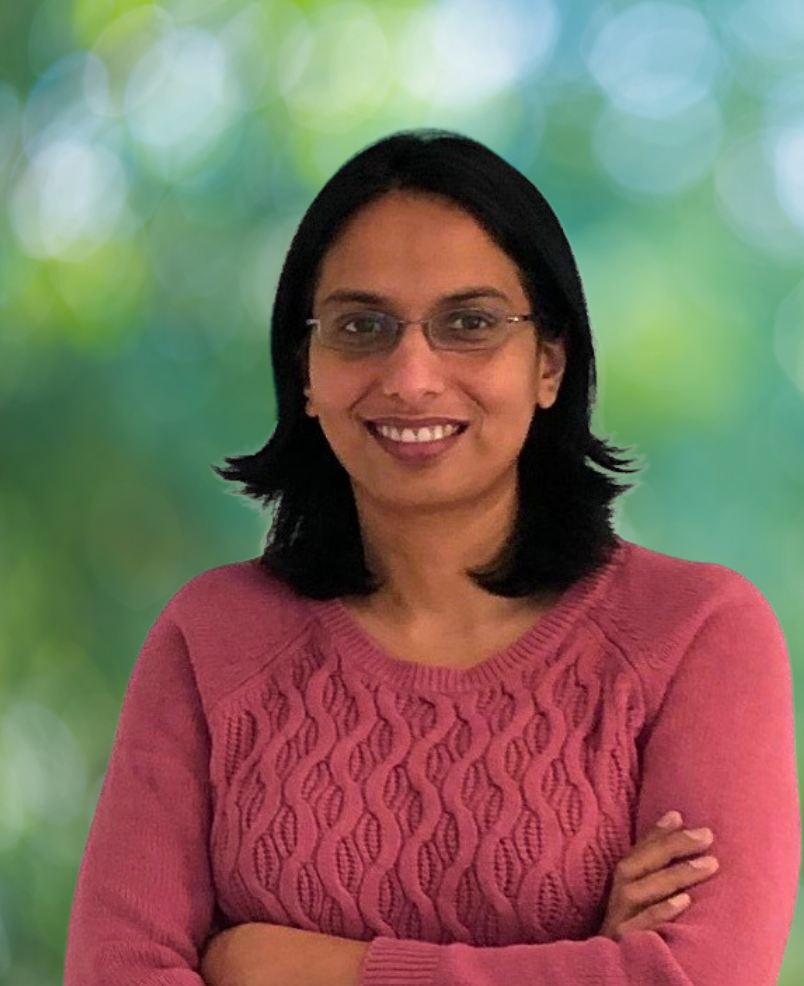Employee spotlight: Sindhu Krishnankutty
With a deep-rooted passion for exploring the wonders of nature, Sindhu plays a pivotal role at Invaio, designing innovative insect bioassays that drive sustainable agricultural practices.
What made you want to pursue a career in science?
Sindhu Krishnankutty (SK): A passionate high school biology teacher sparked my early interest in science, fostering curiosity and a desire to explore the unknown through her unwavering enthusiasm and encouragement. This spark grew into a commitment during a visit to an NGO in Thiruvananthapuram, the capital of Kerala, India, prior to college, where I observed researchers tackling pressing global challenges with innovative solutions. Their groundbreaking work in organic farming, zero-waste practices, agroecology, biodiversity conservation, and sustainable policymaking proved the potential of science to create real change. This experience greatly influenced my decision to pursue a career in science.

Tell us about you and your journey leading up to joining Invaio.
SK: I was raised in Thiruvananthapuram, Kerala, in the southern region of India, where I completed my primary and secondary education and bachelor's degree. I earned a Bachelor of Science in Agriculture from the College of Agriculture, Kerala. Then, I completed a Master of Science in Entomology at the University of Agricultural Sciences, Bangalore, focusing on documenting leafhopper biodiversity under the mentorship of Dr. C. A. Viraktamath, a distinguished leafhopper taxonomist.
I was fortunate to receive my parents' support in pursuing higher education abroad, an opportunity not accessible to many young women during that period. I subsequently pursued my Ph.D. at the University of Illinois, Urbana-Champaign, under the guidance of Dr. Chris Dietrich, a globally recognized expert in leafhopper systematics. My doctoral research involved studying the phylogenetics and biogeography of leafhoppers in Madagascar, leading to the discovery of 41 new species.
After graduation, I pursued opportunities to develop expertise in integrated pest management, which led to my relocation to Montana to work as a postdoctoral researcher. In this role, I researched the biological control of a wheat pest, including the design and execution of field experiments. After spending nearly a year there, I joined the USDA-APHIS laboratory in Cape Cod, Massachusetts, to lead a project focused on insect rearing and molecular and morphological identification of insects intercepted through wood packaging materials at U.S. ports of entry. In the later stages of the project, I authored a proposal that secured funding to conduct research on pest control by targeting insect microbiomes through injection method.
During this time, I applied for an entomologist position at Invaio, and a pivotal moment occurred during the interview when I learned of Invaio’s pursuit of a similar pest control approach. The rest is history.
What about Invaio’s mission excites you the most?
SK: Invaio’s conscious effort to reduce environmental impact aligns with my deeply held belief in the interconnectedness of nature. It is rewarding to play a role in the company's committed initiatives to create impactful crop-health solutions that help farmers and promote environmental sustainability.

What’s your experience at Invaio? Describe a little of your daily work.
SK: I have been a part of this company for five and a half years. I have had the privilege of collaborating with exceptional individuals from varied backgrounds and cultures, all brought together by a shared passion. At Invaio, this intangible connection among us naturally fosters inspiration and teamwork, helping us grow together through every challenge and success. It makes each day feel more meaningful and enjoyable.
Over the years, I have been actively engaged in multiple entomology projects at Invaio. My main responsibility involves designing and developing insect bioassays, which are an essential component of our Research and Development (R&D) pipeline. Creating robust bioassays requires meticulous attention to the inherent variability of the biological test system—namely, insects—and the complexities of delivering unique bioactive compounds in a controlled environment. These bioassays are routinely employed to evaluate the efficacy, stability, and comparability of biologically derived active ingredients.
What would you advise young people about pursuing a career in science?
SK: Seek out anything that aligns with your scientific interests. Actively engage with the scientific community via social media platforms to connect with mentors who can provide valuable insights and constructive advice. Keep in mind that these mentors do not need to share your personal background or identity—none of mine did.

Sindhu is a key member of Invaio's R&D team and designs innovative insect bioassays to develop sustainable solutions for crop health. After over five years at Invaio, she advances breaking-ground environmentally conscious agricultural practices.
She lives in Massachusetts, where she enjoys gardening, reading, and practicing traditional Indian martial arts. A proud mother, she remains committed to inspiring the next generation of scientists and fostering a deeper connection with nature.
Sindhu Krishnankutty (SK)
Senior Scientist @Invaio Sciences

